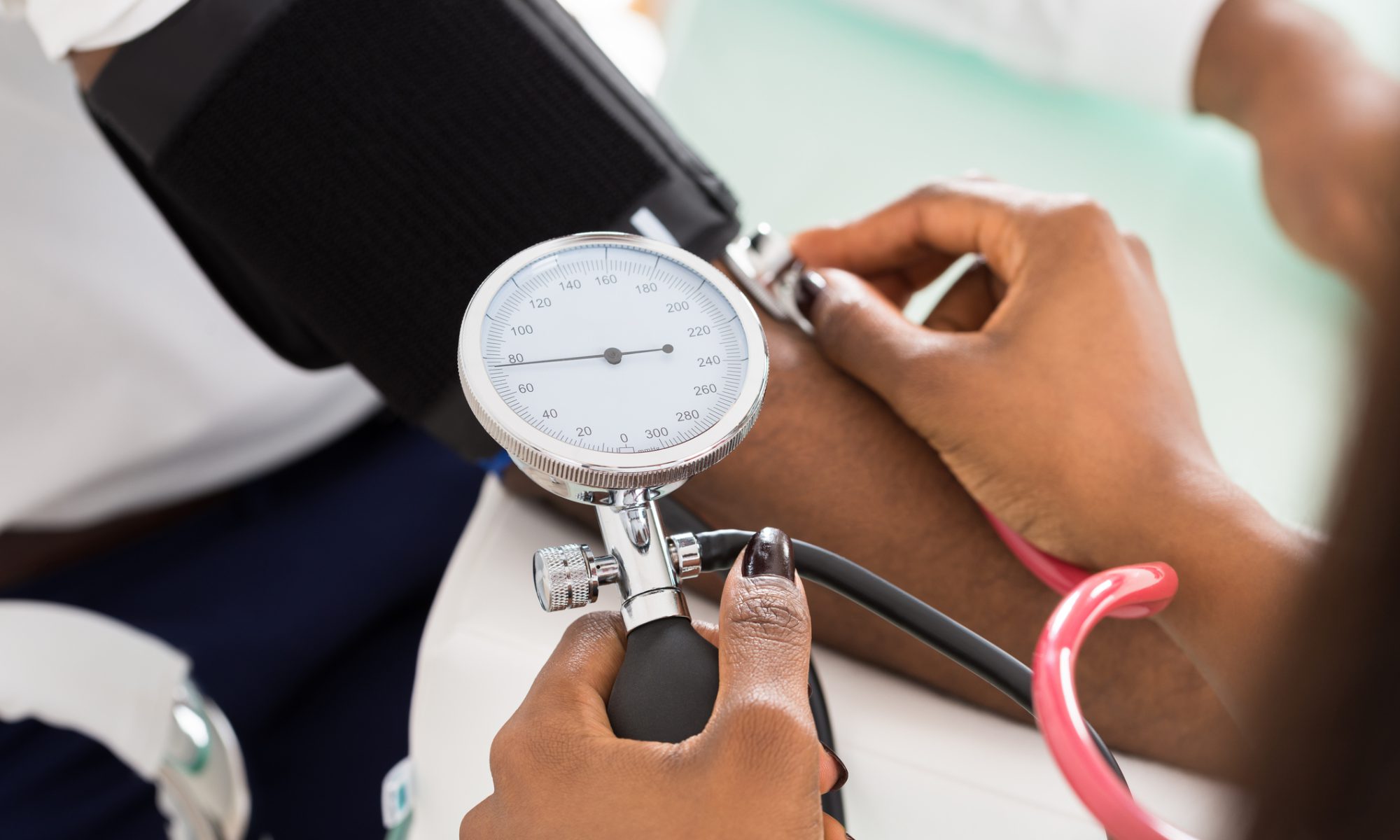— Child and transplanted tissue together remain in good condition per case report
By Nicole Lou
The newborn that received the world’s first partial heart transplant in 2022 continued to do well a year later, according to a case report from the transplant team.
Born with type A2 persistent truncus arteriosus and irreparable truncal valve dysfunction, Owen Monroe received living tissue implants containing the aortic and pulmonary valves — tissue that is expected to grow alongside the child. Read the article in MedPage Today.




